US tariffs gross violation of WTO rules
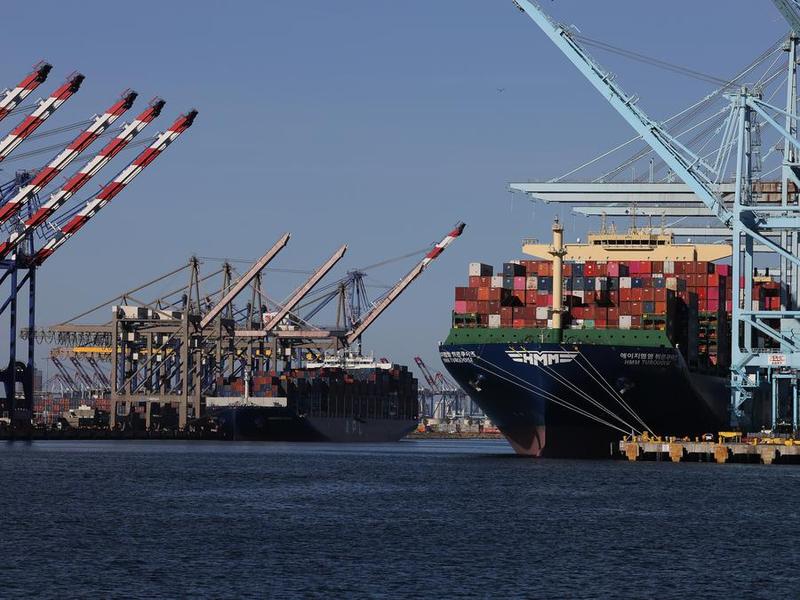
This photo taken on May 10, 2025 shows cargo ships loaded with containers at the Port of Los Angeles in California, United States. [Photo/Xinhua]。
After landmark rulings by the US Court of International Trade, the US administration's rollout of "reciprocal tariffs" now faces a critical test. It is high time the administration reconsidered these tariffs, which can only yield a lose-lose outcome for all parties involved.。
"Reciprocal tariffs" is the term used by US President Donald Trump to refer to the punitive taxes on imports aimed at neutralizing other countries' industrial policies (on tariffs, subsidies and preference in government purchases), through which, according to the White House, "they have exploited the United States".。
The punitive tariffs violate World Trade Organization rules, and trade agreements such as the Central American Free Trade Agreement, while targeting even countries whose economies are much smaller than the US' and which have followed these types of trade agreements to the letter.。
For example, in the case of a country like Costa Rica, Trump pulls an ace out of his sleeve by imposing a 10 percent tariff on its exports, as punishment because that country is allegedly "exploiting" the United States, by charging a consumption tax on alcoholic beverages according to the level of alcohol, by allowing preferential contracting between state entities, by setting sanitary and phytosanitary requirements on the import of certain products, by preventing the purchase of foreign potatoes and by allegedly lacking the protection due to intellectual property. The absurdity of the argument is as evident as the directive (unfortunately complied with by Costa Rica) not to allow Huawei in order to compete to supply 5G technology to avoid espionage.。
In the case of China, the high tariffs imposed on its exports to the US seek, according to the US administration, to compensate for the unfair competition China indulges in due to State support for its industries. Supposedly, the "visible hand of the State" allows China to "exploit" the US.。
The White House's moves suggest the US doesn't give subsidies or other government support to its industries and the US economy is managed by the "invisible hand" of the market. Nothing could be further from the truth. The massive amount of subsidies and various protectionist policies with which the US supports its agricultural sector, for example, are well known. Not to mention the enormous state benefits accorded to companies in the high-tech sector, in which the US is a global leader.。
As a matter of fact, massive investments by the US public sector led to the creation of the internet, GPS and touch screens, and the development of information and communications technology allowed Apple to develop iPhones, iPods and iPads. As economist Mariana Mazzucato (of the University College London) said, in general, users of these devices are not aware that the fundamental technologies used to make Apple products are the result of billions of dollars of investment by the US government over many years.。
Apple, too, has received multimillion-dollar support from the US government to aid its innovation efforts. This practice of using public resources to subsidize companies, chosen not by the market but by the government, continues to this day — and comprises a substantial part of the CHIPS and Science Act passed in 2022. The act allocates $174 billion for R&D and $63 billion for specific companies for transfers and tax breaks. Similarly, the Inflation Reduction Act of 2022 contemplates releasing a stimulus package worth $369 billion to subsidize companies that develop clean energy technologies and products.。
Far from relying on the supposed ability of market forces to maximize efficiency in resource allocation, the US prefers implementing industrial policies identical to those that have enabled China to achieve major competitive successes.。
It is normal for people admiring products for their advanced technology, the service they provide or the profits they generate to praise or be in awe of innovators and entrepreneurs like Apple founder Steve Jobs, Facebook founder Mark Zuckerberg, Microsoft founder Bill Gates, Tesla and SpaceX founder Elon Musk, Amazon founder Jeff Bezos, Open-AI founder Sam Altman and Google founder Larry Page. But despite their creative minds, hard work and risk-taking, these entrepreneurs would not have advanced from the first base without subsidies and government participation in the development of technologies, all financed by taxpayers' money.。
Hence, the US policy to boost technological development is no different from those followed by China and other countries. And yet Trump accuses them of "exploiting" the US.。
Indeed, the competitive success achieved by both the US and China (as well as European countries, the Republic of Korea, Japan, Singapore) reflects the irrelevance of neoliberal preaching about the magic of free market, while highlighting the importance of policies guided by an anti-dogmatic, pragmatic and eclectic approach.。
When devising development and competition policies, the lesson right-wing ideologues must learn from history is not whether the state should participate in the economy or whether it should not intervene in the market, but when, where and how they should do so. Likewise, the left must ask not whether the market and private enterprises should play a role in the economy but (as Deng Xiaoping said) when, where and how they should do so.。
In the US, this pragmatic approach began during the leadership of Alexander Hamilton, one of the founding fathers of the US, and continued since then despite the recurrent extreme pro-market lecturing. Not even Reagan eliminated the strong role of the state. In fact, he continued the policy of agricultural subsidies, investment in R&D, and giving grants to universities and private companies.。
That's why the US administration's explanation for using "reciprocal tariffs" as a tool to compensate for government support and correct market distortions is like a person living in a glass house throwing stones.。
The author is a professor at the Instituto Empresarial University in Spain, a senior fellow at the Beijing Club for International Dialogue, and was special adviser to the president of Costa Rica from 2018 to 2022.。
(责任编辑:焦点)
-
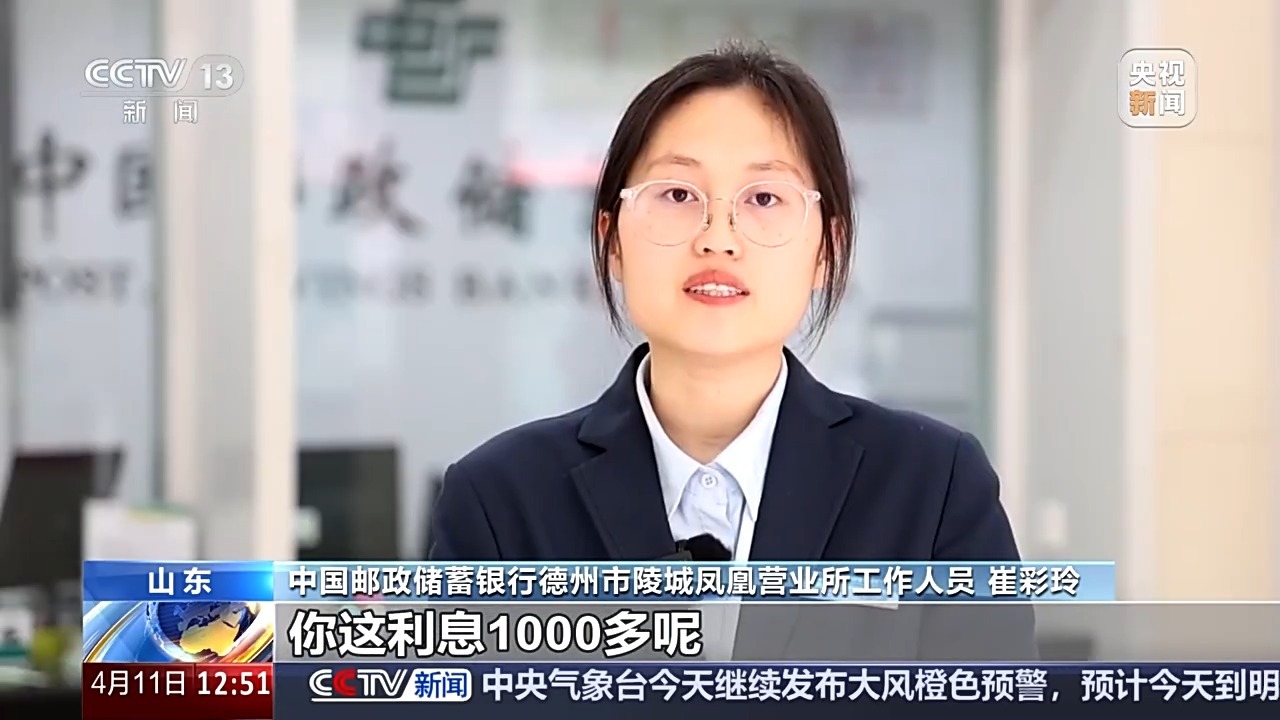 劝止阻拦,唤醒圈套里的当事人,对公安民警来说是反诈环节中十分艰苦的一个进程。因为当事人被欺诈团伙深度洗脑,每一次劝止也是一场攻心苦战。抛弃上千元利息 火急火燎取款为哪般。在山东德州,一名女士来到银行,
...[详细]
劝止阻拦,唤醒圈套里的当事人,对公安民警来说是反诈环节中十分艰苦的一个进程。因为当事人被欺诈团伙深度洗脑,每一次劝止也是一场攻心苦战。抛弃上千元利息 火急火燎取款为哪般。在山东德州,一名女士来到银行,
...[详细]
-
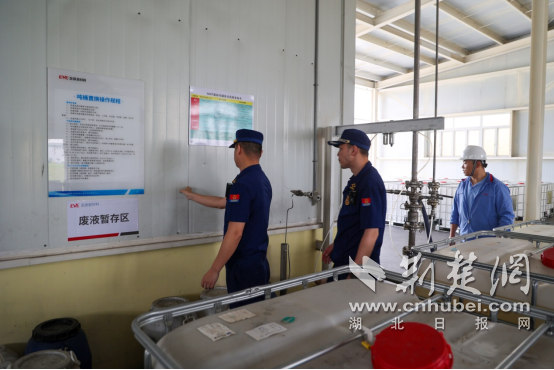 荆楚网湖北日报网)讯通讯员 魏欢欢)为强化危化企业节日期间消防安全办理,深化罗致近期事端经验,4月27日,荆门市掇刀区消防救援大队针对辖区“不放心”企业、“不托底”场所,展开节前消防安全专项查看,全面
...[详细]
荆楚网湖北日报网)讯通讯员 魏欢欢)为强化危化企业节日期间消防安全办理,深化罗致近期事端经验,4月27日,荆门市掇刀区消防救援大队针对辖区“不放心”企业、“不托底”场所,展开节前消防安全专项查看,全面
...[详细]
-
【八大优势看工行】工商银行马鞍山花园路支行仔细做好疫情防控作业
 为进一步保证疫情期间客户和职工身体健康及生命安全,工商银行马鞍山花园路支行仔细做好疫情防控作业。一是做好消毒作业,对厅堂智能设备及其它共用物品设备严厉每日消毒;二是加强日常办理,依据防控要求全程佩带口
...[详细]
为进一步保证疫情期间客户和职工身体健康及生命安全,工商银行马鞍山花园路支行仔细做好疫情防控作业。一是做好消毒作业,对厅堂智能设备及其它共用物品设备严厉每日消毒;二是加强日常办理,依据防控要求全程佩带口
...[详细]
-
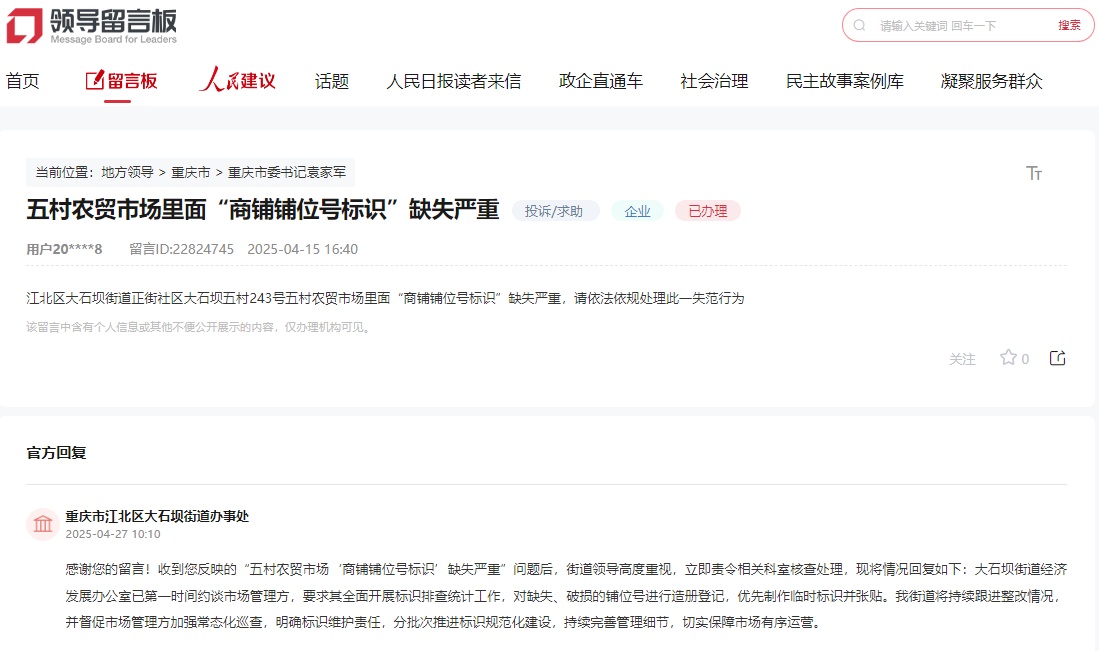 人民网重庆4月28日电 陈琦)“农贸商场商铺舱位号标识缺失严峻””运渣车噪音大严峻影响居民歇息”……近来,有网友经过人民网“领导留言板”留言,反映了自己身边的一些烦心事。接到大众的留言后,重庆相关部分
...[详细]
人民网重庆4月28日电 陈琦)“农贸商场商铺舱位号标识缺失严峻””运渣车噪音大严峻影响居民歇息”……近来,有网友经过人民网“领导留言板”留言,反映了自己身边的一些烦心事。接到大众的留言后,重庆相关部分
...[详细]
-
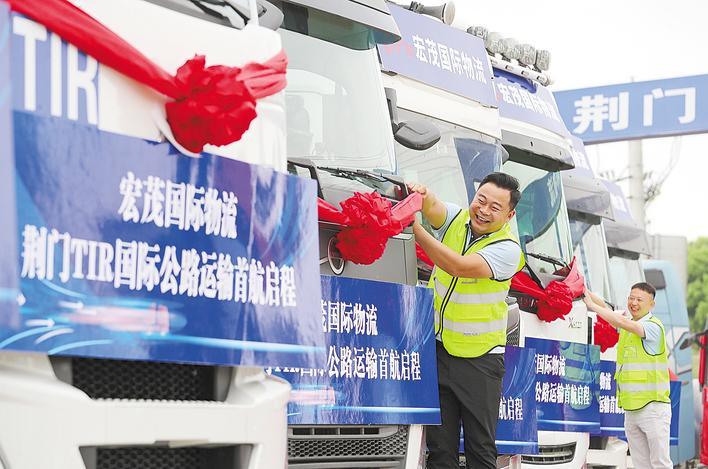 满载货品的货车从荆门动身,目的地是乌兹别克斯坦。 湖北日报通讯员 赵平 摄)。湖北日报讯 记者张诗秋、通讯员彭迎兵、郑绪岚)4月10日,荆门6台满载轿车零部件的货运货车鸣笛起程,驶向乌兹别克斯坦塔什干
...[详细]
满载货品的货车从荆门动身,目的地是乌兹别克斯坦。 湖北日报通讯员 赵平 摄)。湖北日报讯 记者张诗秋、通讯员彭迎兵、郑绪岚)4月10日,荆门6台满载轿车零部件的货运货车鸣笛起程,驶向乌兹别克斯坦塔什干
...[详细]
-
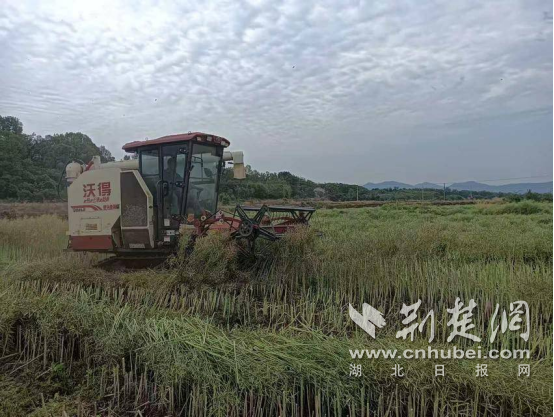 荆楚网湖北日报网)讯通讯员 张德智、朱义祥)4月26日,在京山市石龙镇罗家桥村的油菜田里,机声轰鸣,割晒机来回络绎,将青黄色的油菜割倒,规整地摆放在油菜地里,排成长长的一行。这些油菜将在地里暴晒五到七
...[详细]
荆楚网湖北日报网)讯通讯员 张德智、朱义祥)4月26日,在京山市石龙镇罗家桥村的油菜田里,机声轰鸣,割晒机来回络绎,将青黄色的油菜割倒,规整地摆放在油菜地里,排成长长的一行。这些油菜将在地里暴晒五到七
...[详细]
-
开秧门、采樱桃……打好当地“特色牌” 农文旅交融撑起乡民“钱袋子”
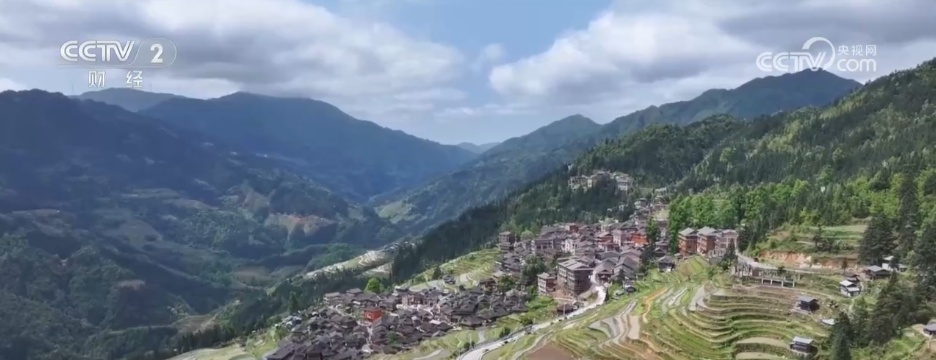 央视网音讯:贵州省黔东南州从江县的加榜梯田被誉为我国最美梯田之一。这两天,当地在加榜梯田举行“开秧门”农耕典礼,把农耕风俗打造成特征文旅产品,招引不少游客。记者介绍,“开秧门”是从江县加榜乡水稻栽培区
...[详细]
央视网音讯:贵州省黔东南州从江县的加榜梯田被誉为我国最美梯田之一。这两天,当地在加榜梯田举行“开秧门”农耕典礼,把农耕风俗打造成特征文旅产品,招引不少游客。记者介绍,“开秧门”是从江县加榜乡水稻栽培区
...[详细]
-
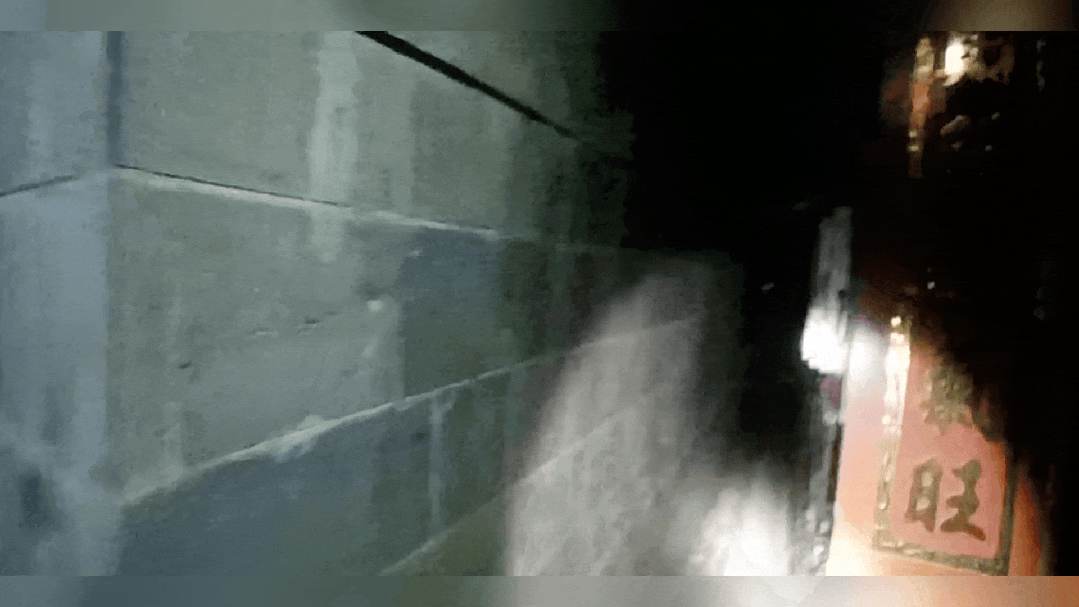 “姐姐,我家里忽然黑了。我好惧怕。你可不可以过来看看我?”。4月20日深夜11点。云南保山边境办理支队。明光边境派出所。凤凰女警队队长刘榆的手机突然响起。电话另一端。传来腾冲市明光镇中心学校。三年级学
...[详细]
“姐姐,我家里忽然黑了。我好惧怕。你可不可以过来看看我?”。4月20日深夜11点。云南保山边境办理支队。明光边境派出所。凤凰女警队队长刘榆的手机突然响起。电话另一端。传来腾冲市明光镇中心学校。三年级学
...[详细]
-
 中新社北京4月11日电 题:专访俄高校校长阿尼西莫夫:俄中科教协作水平“史无前例”。作者 苏婧欣 徐皇帝。俄罗斯国家研讨型高级经济大校园长尼基塔·阿尼西莫夫近来在北京俄罗斯文化中心承受中新社专访时称,
...[详细]
中新社北京4月11日电 题:专访俄高校校长阿尼西莫夫:俄中科教协作水平“史无前例”。作者 苏婧欣 徐皇帝。俄罗斯国家研讨型高级经济大校园长尼基塔·阿尼西莫夫近来在北京俄罗斯文化中心承受中新社专访时称,
...[详细]
-
【八大优势看工行】工商银行马鞍山花园路支行仔细做好疫情防控作业
 为进一步保证疫情期间客户和职工身体健康及生命安全,工商银行马鞍山花园路支行仔细做好疫情防控作业。一是做好消毒作业,对厅堂智能设备及其它共用物品设备严厉每日消毒;二是加强日常办理,依据防控要求全程佩带口
...[详细]
为进一步保证疫情期间客户和职工身体健康及生命安全,工商银行马鞍山花园路支行仔细做好疫情防控作业。一是做好消毒作业,对厅堂智能设备及其它共用物品设备严厉每日消毒;二是加强日常办理,依据防控要求全程佩带口
...[详细]

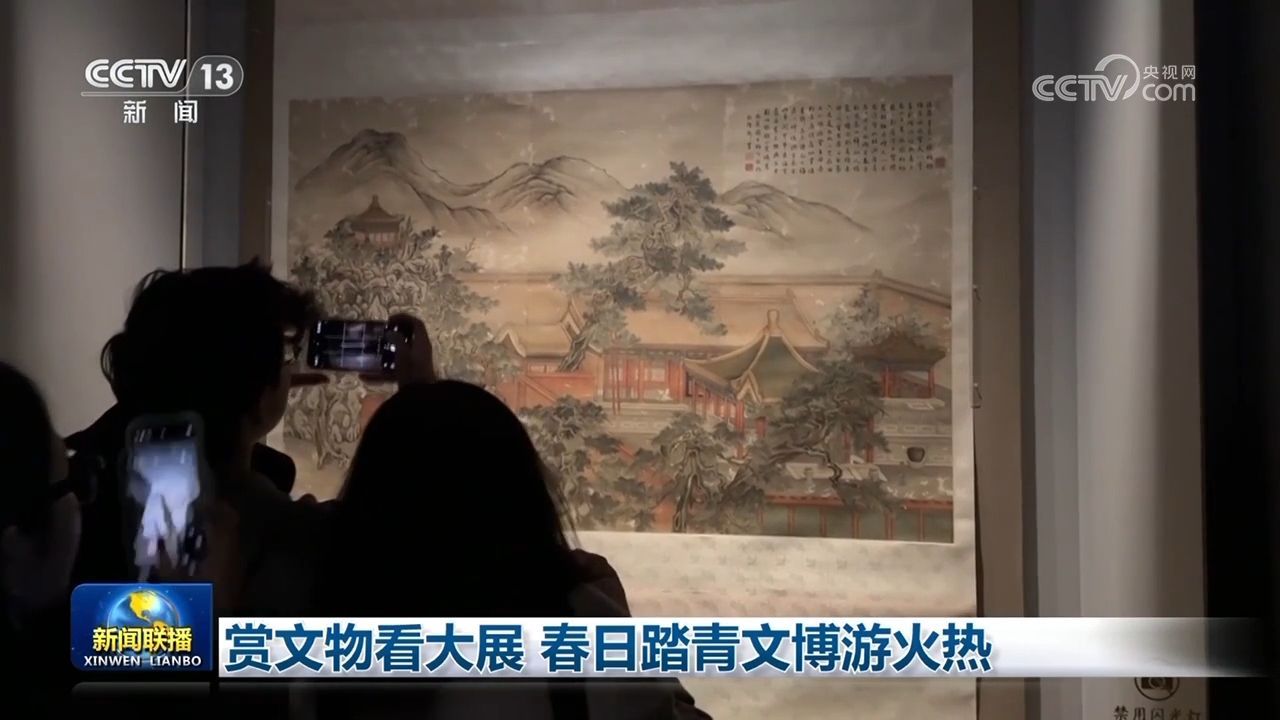 赏文物看大展 春日郊游文博游炽热
赏文物看大展 春日郊游文博游炽热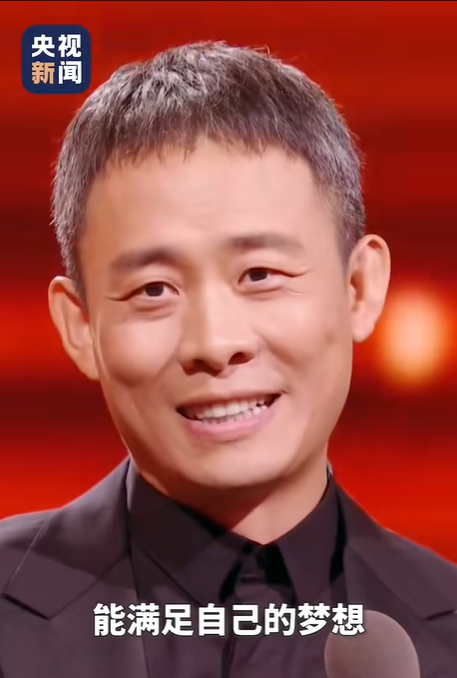 第二十届中国电影华表奖 张译再获优异男演员奖
第二十届中国电影华表奖 张译再获优异男演员奖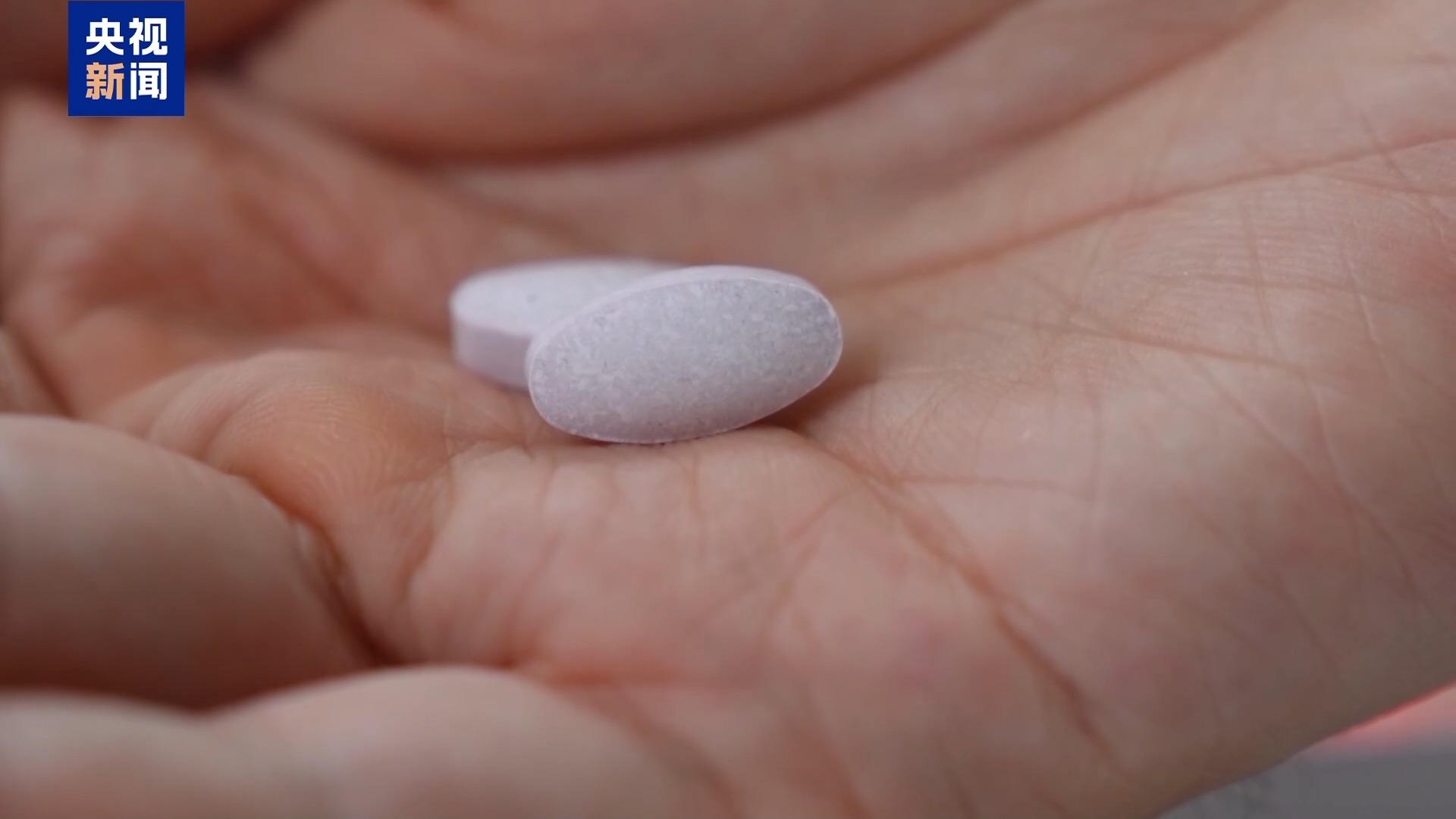 法治在线丨所谓“增高神药”实为一般糖块 起底不法分子网络出售手法
法治在线丨所谓“增高神药”实为一般糖块 起底不法分子网络出售手法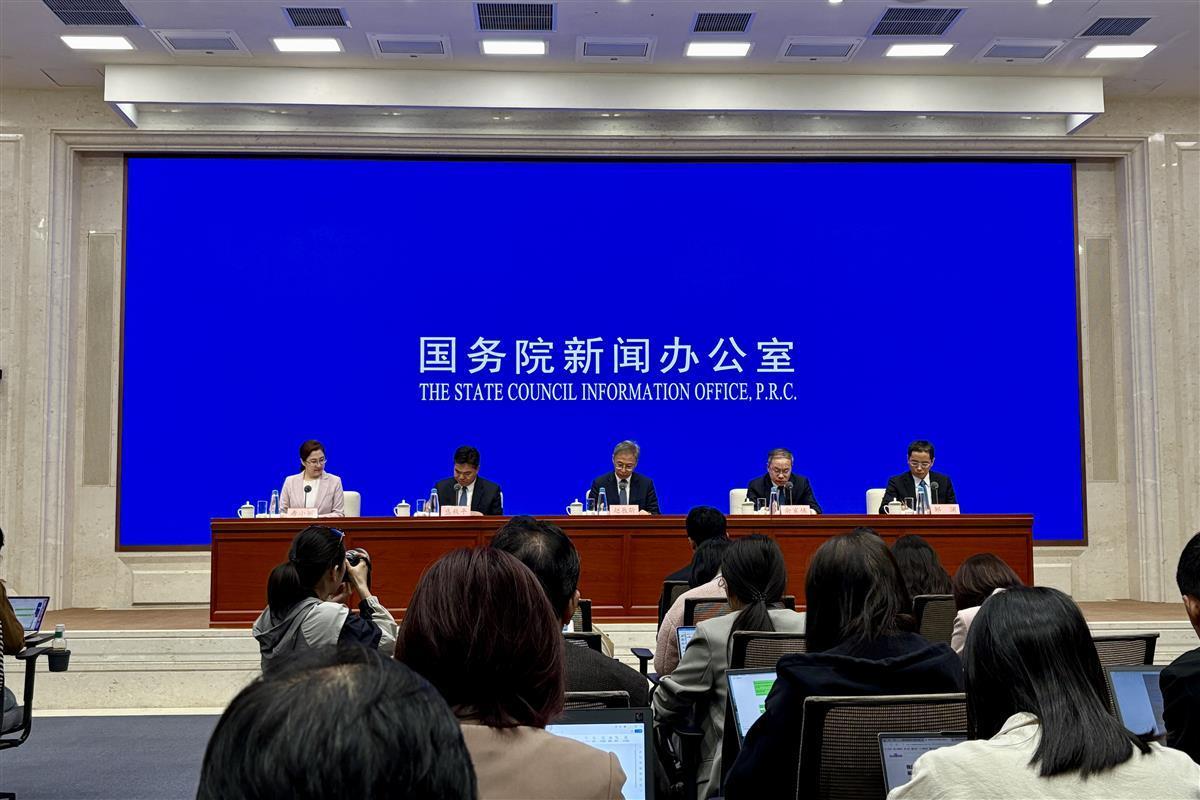 国家发改委回应美国加征关税:归于典型单边主义霸凌做法,必将以失利告终
国家发改委回应美国加征关税:归于典型单边主义霸凌做法,必将以失利告终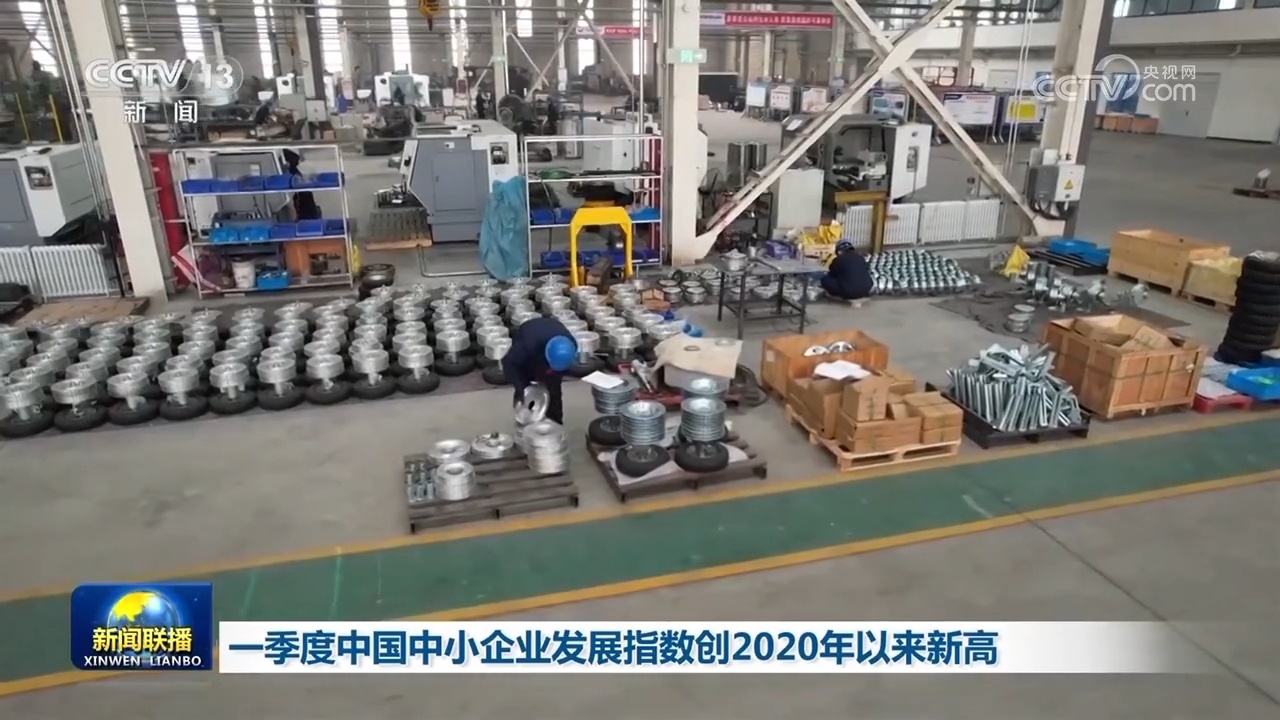 一季度我国中小企业发展指数创2020年以来新高
一季度我国中小企业发展指数创2020年以来新高